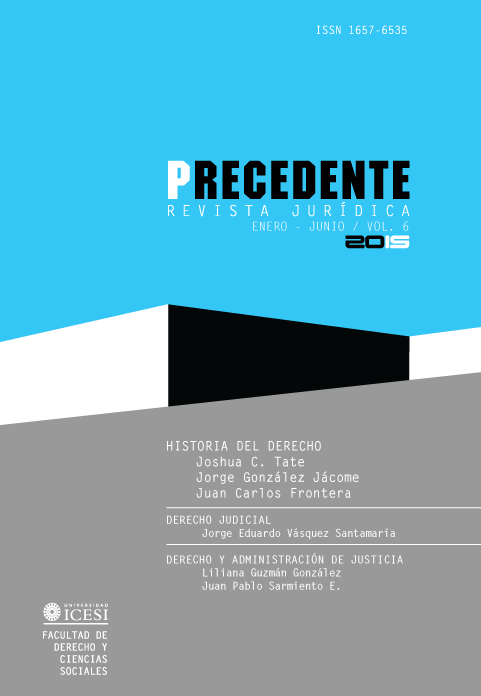Constitutional and international approach to climate as determining the legal plans for land management (POT) in Colombia
DOI:
https://doi.org/10.18046/prec.v6.2104Keywords:
Land use, POT, Environment, Housing, Constitution, Constitutional block,Abstract
This paper presents the reasons that prove the constitutional and international scope of the environment as a strength for the transition processes of POT in Colombia. It exposes the ways in which land management is defined through the legislation, as well as the extent to which its urban manifestation prevails as an explicit determinant of higher rank, to the municipal authorities, in what concerns the formulation, adoption, and implemention of a POT. The aforementioned set of determinants are described within the framework of the rule of law. It was found out that both the Constitution of 1991 and the so called Constitutional Block serve as pillars upon which the environment acquires the status of both formal determinant as well as that of valid material. Based on such a juridical status, and from the incidence of the ecological function of property, the environment acquires binding power, with rights that it encompasses under an adequate territorial organization, such as the right to housing.
Downloads
Downloads
Published
Issue
Section
License
Material in this publication may be reproduced without authorization, provided the title, author and institutional source is acknowledged.








